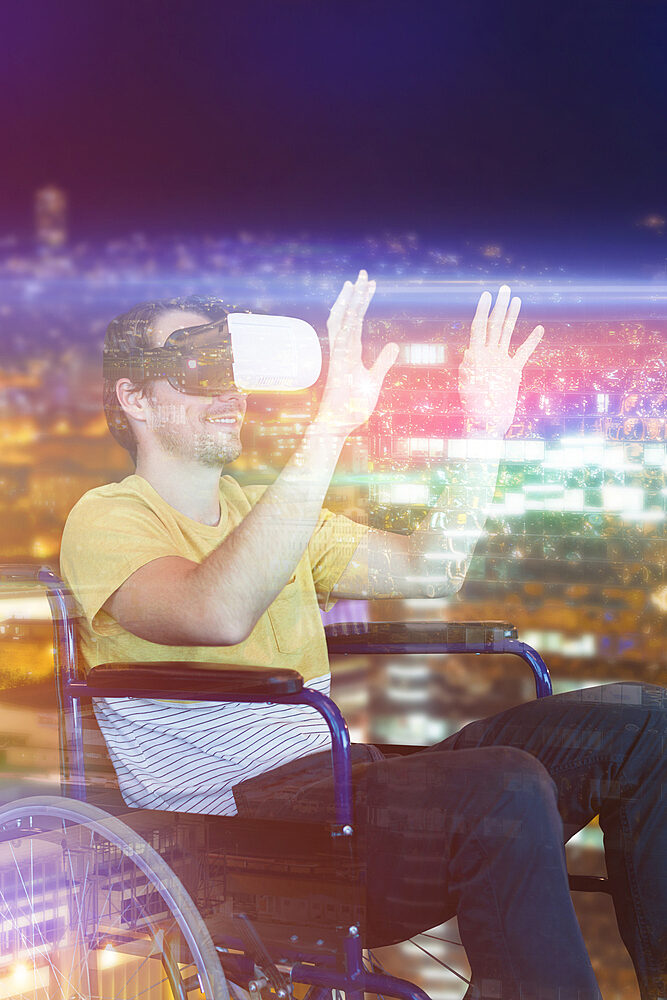Jump to
Chief Investigators: Associate Professor Sylvia Gustin, Prof James Middleton, A/Prof Zina Trost, Prof Ashley Craig, Prof Jim Elliott, Dr Negin Hesam-Shariati, Corey Shum and James Stanley
While recognition of surviving pathways in complete injuries has tremendous implications for SCI rehabilitation, currently no effective treatments exist to promote or restore touch perception among those with discomplete SCI. The proposed study will address this need by developing and testing a novel intervention that can provide touch restoration via the primary source of sensory perception: the brain. Complete Spinal Cord Injury (SCI) is associated with a complete loss of function such as mobility or sensation. In a recent discovery we revealed that 50% of people with complete SCI still have surviving somatosensory nerve fibres at the level of the spine. For those with complete SCI this is hopeful news as it means — contrary to previous belief that communication to the brain had been severed by injury — that the brain is still receiving messages. This new SCI type is labelled “discomplete SCI” — a SCI person who cannot feel touch, but touch information is still forwarded from the foot to the brain.
The project will use virtual reality (VR) in a way it has never been used before. We will develop the first immersive VR interface that simultaneously enhances surviving spinal somatosensory nerve fibres and touch signals in the brain in an effort to restore touch perception in people with discomplete SCI. In other words, immersive VR is being used to re-train the brain to identify the distorted signals from toe to head as sensation (touch). For example, participants will receive touch simulation in the real world (e.g., their toe) while at the same time receiving corresponding multisensory touch stimuli in the virtual world (e.g., experiencing walking up to kick a ball).
This project is the first effort worldwide to restore touch sensation in 50% of individuals with complete injuries. The outcomes to be achieved from the current study will represent a cultural and scientific paradigmatic shift in terms of what can be expected from life with a spinal cord injury. In addition, the project allows potential identification of brain mechanisms that may ultimately represent direct targets for acute discomplete SCI rehabilitation, including efforts to preserve rather than restore touch perception following SCI.
RESTORE consolidates the expertise of scientists, clinicians, VR developers and stakeholders from NeuRA and UNSW School of Psychology (A/Prof Sylvia Gustin, Dr Negin Hesam-Shariati), John Walsh Centre for Rehabilitation Research, Kolling Institute and University of Sydney (Prof James Middleton, Prof Ashley Craig and Prof Jim Elliott), Virginia Commonwealth University (A/Prof Zina Trost), Immersive Experience Laboratories LLC (Director Corey Shum) and James Stanley.
If you are interested in being contacted about the RESTORE trial, please email A/Prof Sylvia Gustin (email hidden; JavaScript is required) and include your name, phone number, address, type of SCI (e.g., complete or incomplete), level of injury (e.g., T12) and duration of SCI (e.g., 5 years).


